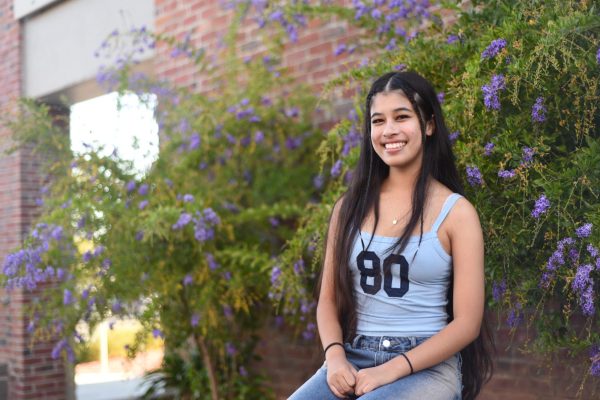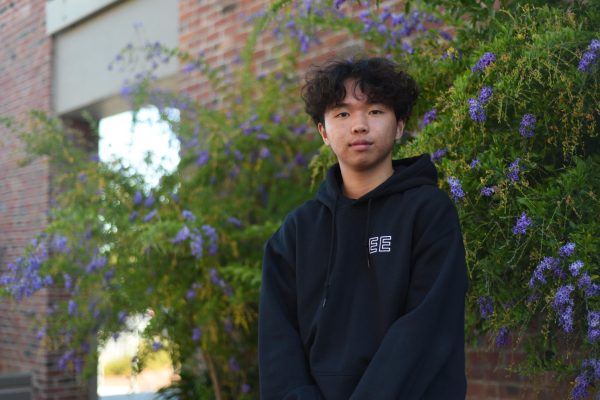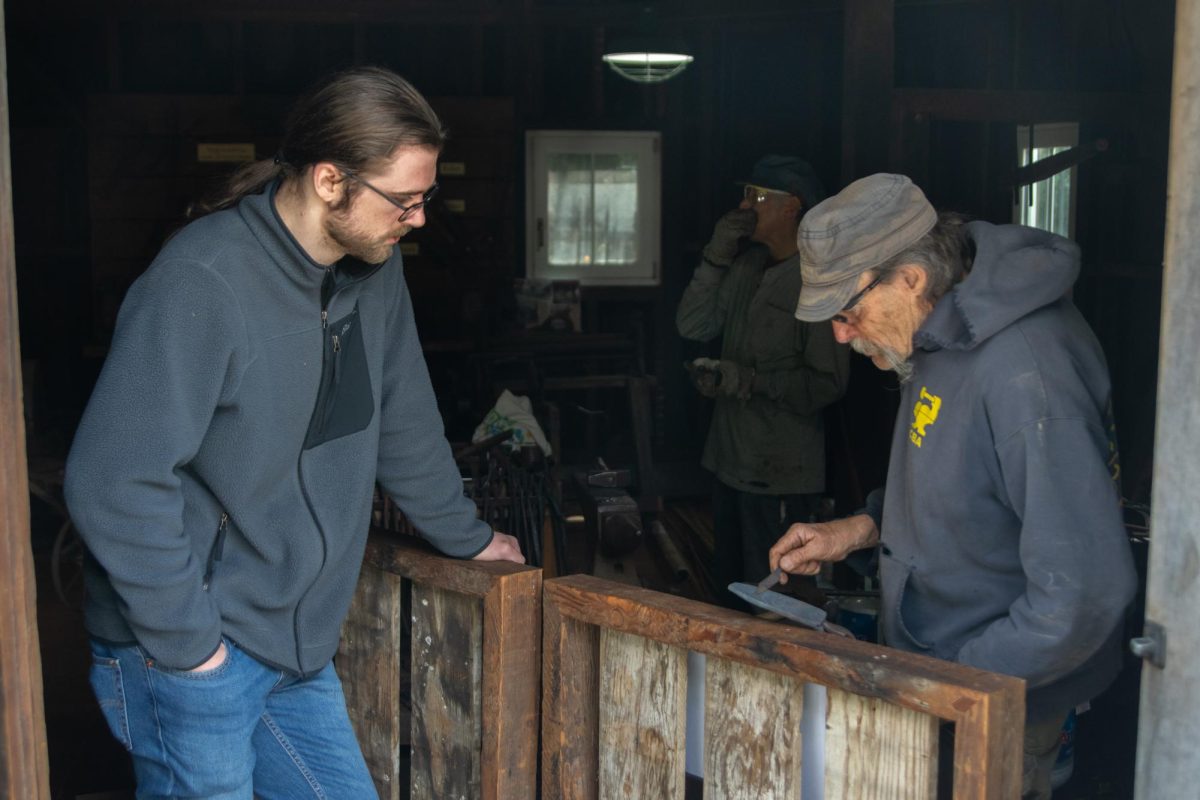BZ: Hi, I’m Ben.
IK: Hi, I’m Isabelle.
BZ: The MVHS World Literature curriculum is one of the two options sophomores have when it comes to their literature courses.
IK: As two students currently taking World Literature, we sat down with one of our classmates Kush Mathur to talk about his interesting experience in World Literature with topics that range from thesis writing to living in huts.
BZ: Let’s jump right into it.
IK: What was your favorite book in World Literature this year?
KM: Probably “The Kite Runner.”
IK: “The Kite Runner” is one of the books included in the sophomore world literature course curriculum and follows the growth of a boy who immigrates from Afghanistan to America and then returns in adulthood to confront his regrets.
KM: I think that’s the only book that I thought that I could relate to in some aspect because it really took me into the mind of someone that I could actually understand, like I could understand what he was trying to do. The overall theme and the plot was pretty nice — it made sense to me, and I can relate to it a lot.
IK: What was your least favorite unit in World Lit?
KM: “Nectar in a Sieve.”
IK: So for those who don’t know, “Nectar in a Sieve” is a 1954 fictional novel by Kamala Markandaya about a woman named Rukmani and her struggles with poverty in rural India.
KM: Okay, I read the book. And I’m still kind of wondering, “What was the point in reading it?” — I still don’t understand why I had to read it and what I exactly learned from it. So it talked about Rukmani’s hardships, which I get and I admire. But other than that, it was hard to wrap my head around the story. It was hard for me to empathize with her because, well, I’m Indian, right? I guess I could kind of put myself in her shoes, but it kind of contrasted with my beliefs about our culture. And I guess the book didn’t do a great job, in my opinion, at least, with expressing Indian culture.
BZ: What I thought you were talking about was that the entire book just felt like Rukmani saying how her life struggled, and then it just ended.

KM: Yeah, I mean, that’s also part of it. She struggled, I get it. But I feel like when she portrayed her struggles, I think it was at a surface level, you know, like about how she had to live in… what was, it a hut or something? I feel like that was very surface-level. And when she just laid out her struggles, I feel like the book ended just abruptly, and I didn’t get a feel of what she did after. I just felt like all I got was her struggles, and that was pretty much it.
BZ: There was a whole emphasis on the circularity of the book — of it coming back. I felt like that was just, for lack of a better word, it was corny because our teacher hyped it up a lot about how it was everything coming back full circle, but then you read it, and you’re just like, “OK, we know what happened.”
KM: When I was reading the book, it went back to the first page, and I literally explained to myself, “What just happened?” Because I didn’t, I couldn’t comprehend what just happened. It wasn’t my taste, coming back to it at the end. Honestly, today, I still don’t understand where the book began, and where it ended.
BZ: As context for the upcoming questions, the transition between freshman literature and World Lit is seen by many as a challenge because of the increase in depth of analysis in World Lit. In my opinion, the assignments were much more formulaic in freshman literature, and much easier to succeed in mindlessly.
IK: Personally, I think there was a really big difference between freshman year and World Lit this year, because I think last year, I had a really easy time. But do you think freshman year prepared you well for this year in lit?
KM: No.
IK: Not at all?

KM: Not really, I think. I don’t know if it’s just because of the expectations the teacher had, because they were much higher. But in freshman lit, it was not as useful because I feel like you don’t dive into more opinion-based writing, all you really learn about is how to write a satisfactory level of a thesis and evidence. But for analysis, we don’t we didn’t really learn that much about it all. All we were told is just explain your thinking. And when I went into World Lit in 10th grade, there was so much to be expected, and so little time to review it. Which is why in the beginning of the year, I struggled so much even with claim evidence reasoning.
IK: What do you think the value is of core subjects as opposed to studies classes?
KM: Well, I’ve never been in studies, but what I think, at least, is core gives you that sense of independence that I really like. I know that we do group projects in core, but I think the style of learning more independently is what I like, because this may seem contradictory, but I feel like if I learn independently, I get more ideas from other people. Because if you learn as a group, I think more ideas are undervalued compared to the perspective of me learning separately, and then talking to someone else who’s been learning separately. So more ideas are shared.
BZ: What are some of the traits or skills that you think helped you get through World Lit?
KM: Definitely being independent, learning to do work by yourself, not relying on others as much. Of course, you can ask people for help, but learning to do things by yourself really helped me get through core this year. Engagement is also very important — you need to pay attention during class, especially in the class that I was in this year. Because without that, I wouldn’t understand what’s going on. And once that happens, you fall behind very, very quickly. So making sure that you’re engaged with the class, making sure that you are independent, are the two main things that got me through this year.
IK: How do you think World Lit has affected your choices for courses next year?
KM: Well, initially, I wasn’t going to do HAmLit, the Honors program for lit. But after going through core, I did go for HAmLit. I think this course really built up my confidence when it comes to writing — before, I never thought I was a good writer, but I’ve actually learned a lot this year when it came to writing theses, writing evidence, making good analyses, and that really built up my confidence to take HAmLit next year.
IK: And finally, what advice would you give to students who are entering World Lit next year?

KM: I would say that this isn’t a class that you can easily just get through. It’s not a class that you can just procrastinate on. Well, every class you shouldn’t, but this is a class that if you do procrastinate, it’s going to be a lot harder for you. Just do the work you’re supposed to do, follow the deadlines accordingly, and ask for help a lot, especially at the beginning, because the more you ask for help in the beginning, the less you’re going to need it at the end.
Music credits: hello yan























